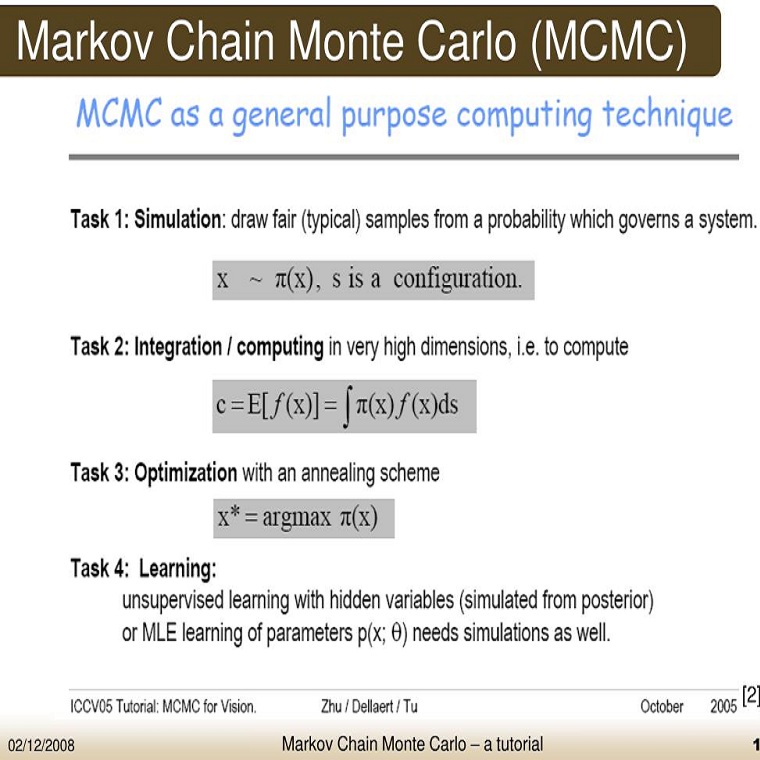项目名称: 广义逐次截尾样本下改进的威布尔模型的研究
项目编号: No.11461051
项目类型: 地区科学基金项目
立项/批准年度: 2015
项目学科: 数理科学和化学
项目作者: 彭秀云
作者单位: 内蒙古工业大学
项目金额: 36万元
中文摘要: 改进的威布尔模型适合于分析复杂产品和系统的寿命问题,但它在广义截尾数据下的参数估计和预测是个有待解决的难题,严重制约其在可靠性统计中的实际应用。所以,本项目以改进的威布尔模型为研究对象,基于经典和贝叶斯方法讨论其在广义截尾数据下的参数估计与预测问题。为此从三个方面进行研究:第一讨论参数的极大似然估计,建立评价估计精度的bootstrap方法;第二给定先验分布下,在加权损失函数下用马氏链蒙特卡洛方法讨论参数的贝叶斯估计与未知样本的预测问题;第三通过随机模拟对极大似然估计和贝叶斯估计结论进行比较分析。总之,针对改进的威布尔模型,本项目将建立参数估计和预测的理论、方法及算法。项目的实施既能补充和完善可靠性统计理论,又能提供其在工程应用方面的理论和技术支撑,具有潜在的应用价值。
中文关键词: 参数估计;广义逐次截尾样本;马尔可夫链蒙特卡洛方法
英文摘要: The modified weibull models are suitable for reliability analysis of sophisticated products and systems. The practical application of the models, however, is quite restricted due to the difficulties of parameter estimation and prediction under the general progressive censoring. For this reason, this research project uses the classical and Bayesian statistics approaches to discuss parameter estimation and prediction for the modified Weibull models under the general progressive censoring. The research iteself is mainly composed of three parts. First, the parameter is estimated by using the maximum likehood method and the corresponding precision is established by using the Bootstrap resampling. Second, the Bayesian parameter estimation and prediction of unobserved samples are discussed by using the Markov chain Monte Carlo technique when the parameter prior distribution is given based on the weight loss function. Finally,simulation results with real data sets from the proposed maximum likelihood estimation and Bayesian approach are compared for further analysis. In a word,a complete set of theory, method and algorithm of parameter esitmation and prediction for the modified weibull models is established in this project, and its implementation not only improves and develops the theory of reliablity statistics, but provides a theoretical basis and technological support for engineering applications, with highly potential value in many areas.
英文关键词: Parameter estimation;General progressively censored samples;Markov Chain Monte Carlo method
